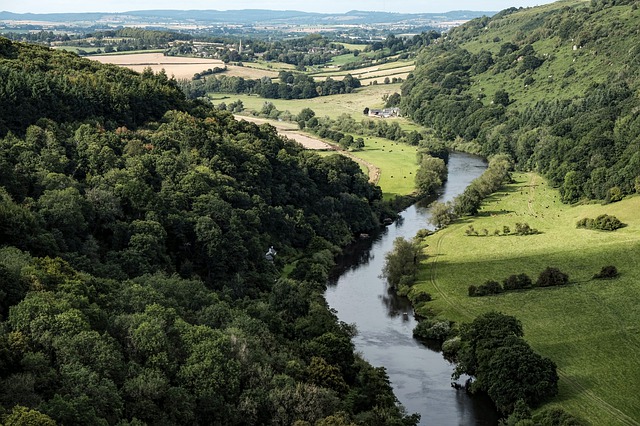
An article investigating plastic pollution in the River Wye, co-authored by Wendy Ogden and IWSN researcher Dr Mark Everard, has been published in the International Journal of River Basin Management.
The authors state: “As rivers accumulate plastic from multiple sources, actions to reduce the presence of macroplastics in rivers is fundamental to conserving both freshwater and marine environments…Regulatory and management bodies necessarily make operational decisions based on resource limitations and significant uncertainty due to sparse or missing data, requiring a substantial degree of inference.”
Through a literature review, they identified seven main sources of plastic pollution in the River Wye: waste water treatment plants (WWTPs), combined sewer overflows (CSOs), on-site wastewater treatment systems (OSWwTS), transport systems, agriculture, industrial sources, and diffuse litter.
They argue that development of a rapid, desk-based approach “based on risk criteria to ‘fingerprint’ likely pathways of plastic pollution based on catchment characteristics” would be of great benefit to those decision-making bodies in prioritizing further action. It could be “transferrable to other river systems, serving as a first phase of desk-based investigation”, although “a more granular scale of investigation could usefully be carried out in larger catchments, and in those river systems comprising sub-catchments with widely differing properties.”
Overall, however, they conclude that this is a crucial area of further study as the “sources, environmental behaviours, potential impacts and potential control measures for some types of plastics in rivers are substantially under-researched.”
